RAFDI Working Group Report Launch | US Leadership Matters in Addressing Forced Displacement Crisis
Submit a question
By Estelle Erwich and Joshua Peng
Two years in the making, RAFDI celebrated the release of its Working Group Report, US Leadership Matters in Addressing Forced Displacement Crisis, on April 25th. Contextualizing current global migration trends and highlighting recommendations for US leadership in responding to forced displacement, the report is the collaborative effort of experts, scholars, and practitioners from across the sphere of forced migration studies.
The panel was opened by Ambassador Mark Green, President and CEO of the Wilson Center. Emphasizing the Wilson Center’s unique role in responding to the most critical issues of the current moment, Ambassador Green emphasized the need for “global cooperation and US leadership like never before” as forced displacement numbers have tripled in the last thirty years. Ambassador Green noted the Working Group’s role of producing key policy recommendations to improve global migration systems while still protecting the rights, humanity, and dignity of forced migrants.
Marta Costanzo Youth, Principal Duty Assistant Secretary of the Bureau of Population, Refugees, and Migration provided additional opening remarks. She noted that “people have always migrated,” and “as long as we have people, we will have migration.” Rather than trying to stop migration, policymakers should instead ask “how do we manage this flow humanely? How do we give people options and solutions?” Youth affirmed that policy must focus on providing migrants with options – the option to remain home if they desire, the option to be safe while migrating, and the option to resettle successfully in a new place.
Youth also noted that modern migration flows are truly mixed. Policies that improve systems for refugees and the forcibly displaced will also improve systems of migration at large, reforming issues such as registration backlogs and temporary protective statuses. Costanzo concluded her remarks by emphasizing the importance of centering the lived experiences and insights of forcibly displaced people into migration policy - a cornerstone of RAFDI’s work.
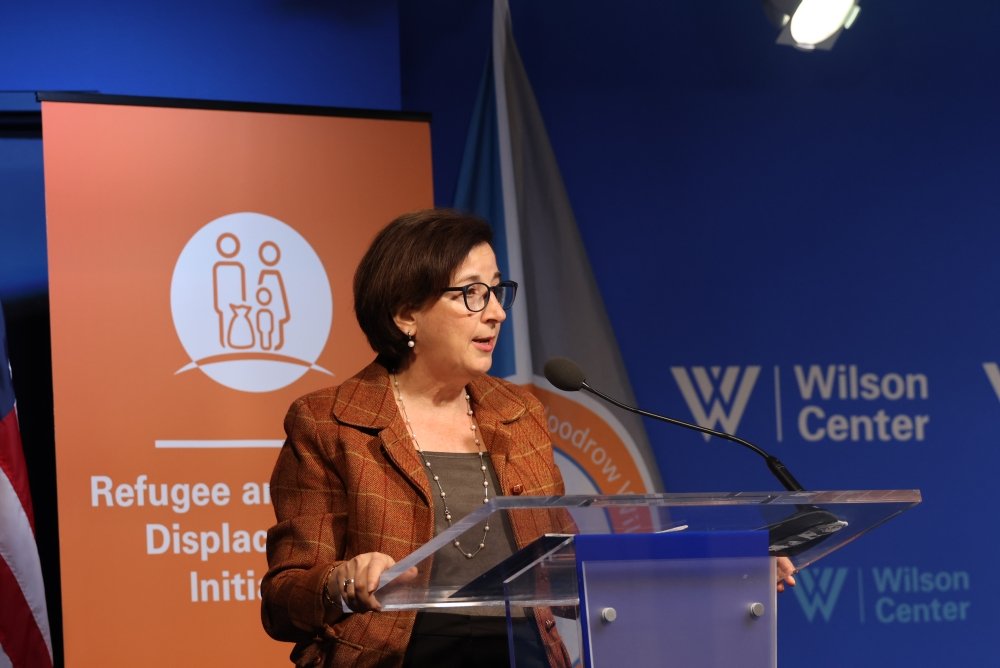
Following opening remarks, John Thon Majok, Director of RAFDI, moderated two panels of experts and practitioners. The first panel featured Working Group Members Sarah Miller, Senior Fellow at Refugees International, Hallam Ferguson, Vice President for Global Operations at the International Republican Institute, and Laura Robson, Oliver-McCourtney Professor of History at the Pennsylvania State University. Reflecting on their contributions to and key takeaways from the report, they spoke about protracted displacement and the need to regularize participation in labor markets and access to resources and care. The panelists also discussed the need for economic development and genuinely durable solutions, with Ferguson noting that “humanitarian assistance is... intended to be a short-term solution. We’re taking care of people who need help right now... we cannot lose sight of the fact that if we are going to reach a sustainable solution, we need to work to build those economies to put in place accountable systems of governance.” Robson stated that her key takeaway was the truly integrative and holistic approach required for policies involving forced displacement, as “refugee policy is inextricably entangled with broader questions concerning migration, asylum, and border protection policies.” However, while this has traditionally been viewed as a roadblock, Robson identified it as a major opportunity for “improvements in other difficult areas of political decision making and the tendency to make all these interconnected systems more coherent, efficient, and protective.”
Throughout the event, many panelists remarked that their key takeaways included the report’s insistence and focus on centering refugees and their lived experience in the creation of policy. Referencing the report’s discussion of meaningful participation of refugees in policy development, Miller noted that “there is an entire resource of individuals who are well equipped and better placed to conceptualize what solutions best fit their displacement.” Particularly in the context of responding to the complex issues surrounding situations of protracted displacement, the report outlines the necessity of “listening to and putting in the driver’s seat displaced populations themselves,” Miller said.
The event’s second panel featured Matthew A. Reynolds, Regional Representative for the US and the Caribbean at UNHCR, Lauren Post Thomas, Senior Advocacy Officer of Refugees and Safe Water and the Conrad N. Hilton Foundation, and Nili Sait Yossinger, Executive Director of Refugee Congress. Representing organizations across different sectors all engaged in forced displacement work, the panel spoke about their takeaways from the report and implications for their respective organizations. Thomas remarked on the involvement of funding from multilateral development banks such as the World Bank as “game changing in the way that we are responding to refugee crises... what the banks have been able to do is leverage their financing for policy reform.” Many of the panelists also noted the importance of strong US leadership and leading by example in refugee policy, regardless of their sector. Speaking from his perspective at UNHCR, Reynolds noted that one of his key takeaways from the report was that “the world does look at US leadership on these issues... the US as a global superpower has clout to influence all of these items globally in ways that the United Nations does not.”
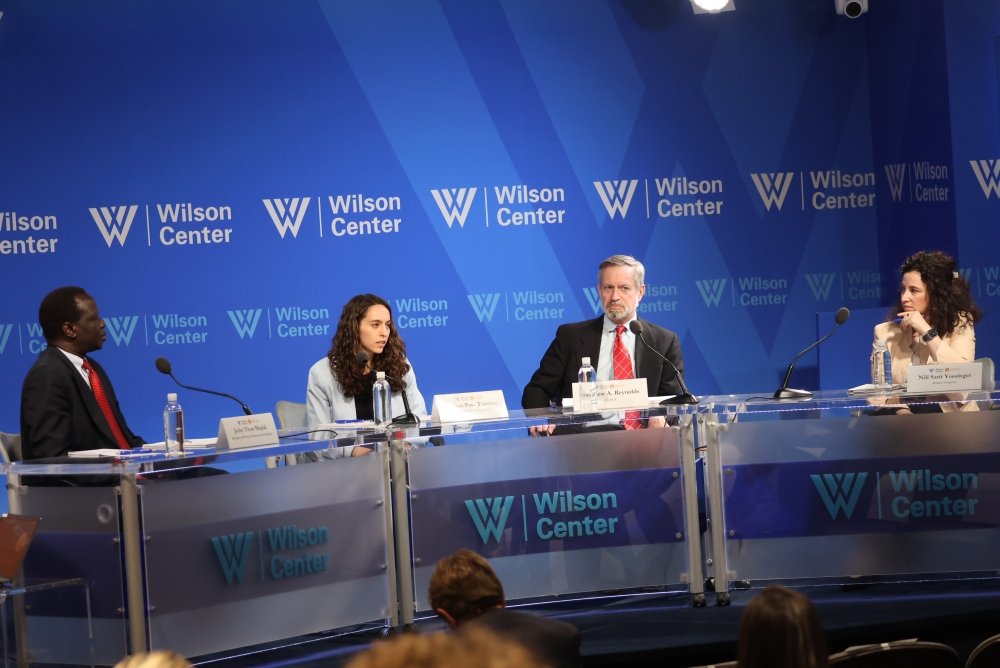
This panel also discussed the critical importance of keeping migrants at the forefront of policy planning, development, and implementation. Referencing how critical this has already been in policy development, Yossinger reminded the audience “how deeply refugees were involved in the Afghan Adjustment Act or in reiterations of the Refugee Protection Act... these are all things that refugee communities directly engaged in.”
Closing remarks were provided by James Hollifield, co-chair of the Working Group and a Wilson Center Global Fellow. Hollifield concluded by touching on the security, development, and governance dimensions of forced migration policy. He noted that in addition to supporting international organizations, compacts, and cooperation, creating new legal pathways and reforming the US’ own immigration system would be essential to bolstering US leadership. Hollifield reminded the audience that there is no unilateral solution to solve global forced displacement, but successful policies “require sustained and thoughtful leadership” across regions and across sectors guided by cross-cutting expertise such as that which contributed to the RAFDI Working Group Report.
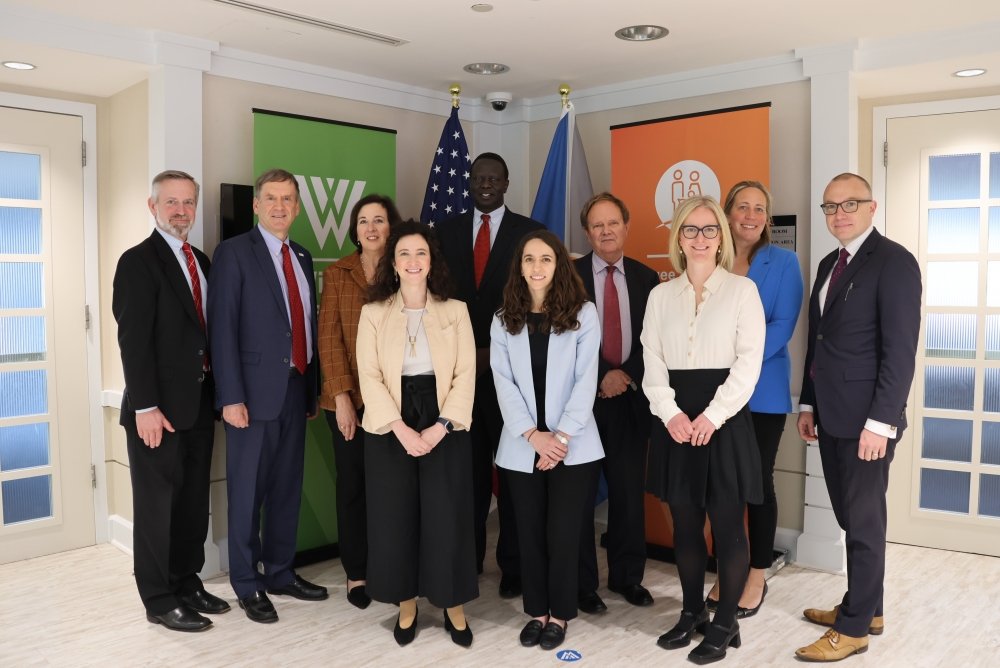
Introductions

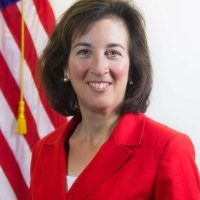
Moderator
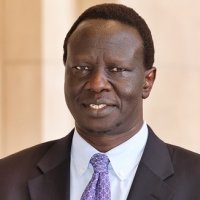
Panelists

Donald G. Herzberg Professor Emerita, Georgetown University

Senior Fellow, Refugees International

Oliver-McCourtney Professor of History, The Pennsylvania State University
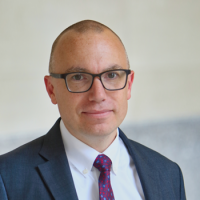
Vice President for Global Operations, International Republican Institute
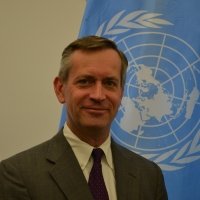
Regional Representative for the US and the Caribbean, UNHCR

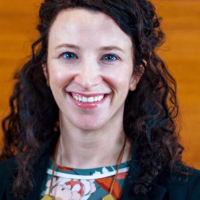
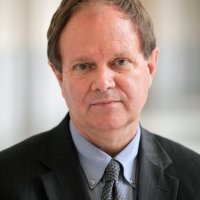
Professor of Political Science and Director, Tower Center SMU
Hosted By

Refugee and Forced Displacement Initiative
The Refugee and Forced Displacement Initiative (RAFDI) provides evidence-based analyses that translate research findings into practice and policy impact. Established in 2022 as a response to an ever-increasing number of people forcibly displaced from their homes by protracted conflicts and persecution, RAFDI aims to expand the space for new perspectives, constructive dialogue and sustainable solutions to inform policies that will improve the future for the displaced people. Read more
